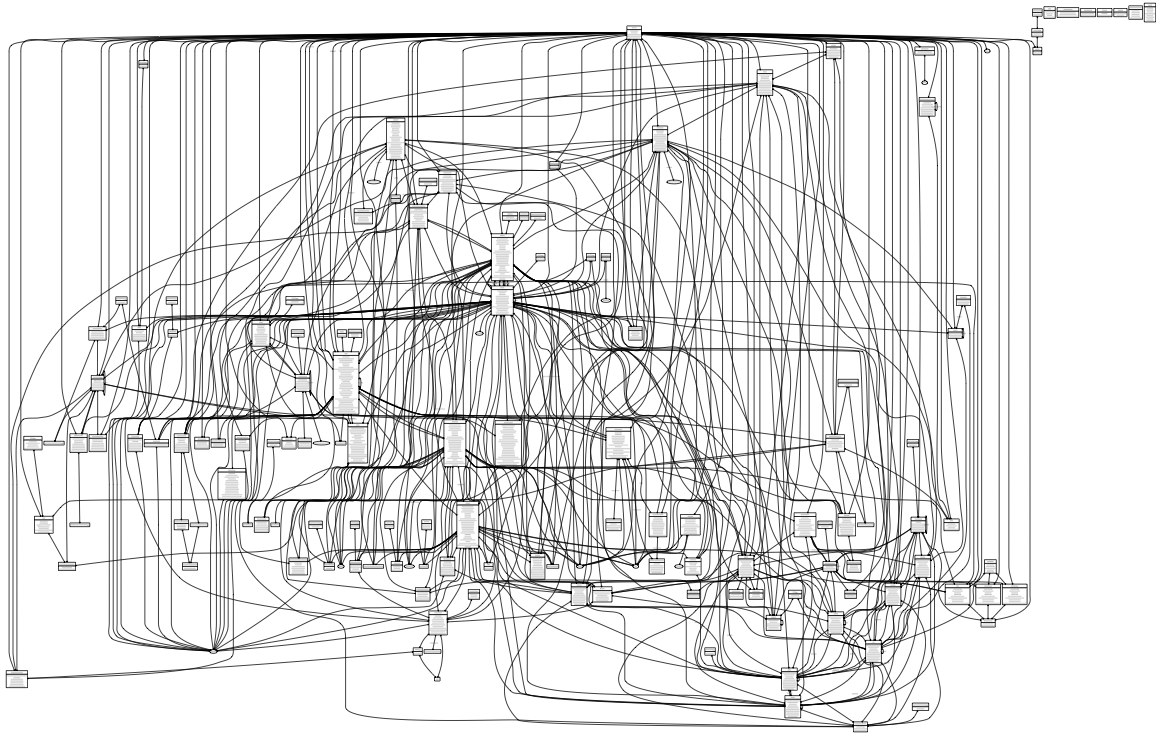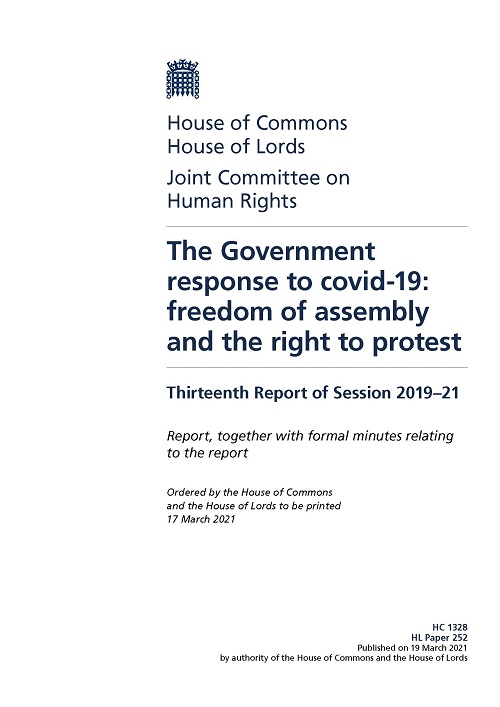EU: One step closer to the establishment of the 'permission-to-travel' scheme
Topic
Country/Region
19 March 2021
The Council and Parliament have reached provisional agreement on rules governing how the forthcoming European Travel Information and Authorisation System (ETIAS) will 'talk' to other migration and policing databases, with the purpose of conducting automated searches on would-be travellers to the EU.
Support our work: become a Friend of Statewatch from as little as £1/€1 per month.

The ETIAS will mirror systems such as the ESTA scheme in the USA, and will require that citizens of countries who do not need a visa to travel to the EU instead apply for a "travel authorisation".
As with visas, travel companies will be required to check an individual's travel authorisation before they board a plane, coach or train, effectively creating a new 'permission-to-travel' scheme.
The ETIAS also includes a controversial profiling and 'watchlist' system, an aspect not mentioned in the Council's press release (full-text below).
The rules on which the Council and Parliament have reached provisional agreement - and which will thus almost certainly be the final text of the legislation - concern how and when the ETIAS can 'talk' to other EU databases such as Eurodac (asylum applications), the Visa Information System, or the Schengen Information System.
Applicants will also be checked against Europol and Interpol databases.
As the press release notes, the ETIAS will also serve as one of the key components of the "interoperability" scheme, which will interconnect numerous EU databases and lead to the creation of a new, biometric 'Common Identity Repository' on up to 300 million non-EU nationals.
You can find out more about the ETIAS, related changes to the Visa Information System, and the interoperability plans in the Statewatch report Automated Suspicion.
The text below is a press release published by the Council of the EU on 18 March 2020.
European travel information and authorisation system (ETIAS): Council Presidency and European Parliament provisionally agree on rules for accessing relevant databases
The Council presidency and European Parliament representatives today reached a provisional agreement on the rules connecting the ETIAS central system to the relevant EU databases. The agreed texts will next be submitted to the relevant bodies of the Council and the Parliament for political endorsement and, following this, for their formal adoption.
The adoption of these rules will be the final legislative step required for the setting up of ETIAS, which is expected to be operational by 2022.
The introduction of ETIAS aims to improve internal security, prevent illegal immigration, protect public health and reduce delays at the borders by identifying persons who may pose a risk in one of these areas before they arrive at the external borders. ETIAS is also a building bloc of the interoperability between JHA databases, an important political objective of the EU in this area, which is foreseen to be operational by the end of 2023.
The provisionally agreed rules will allow the ETIAS central system to perform checks against the Schengen Information System (SIS), the Visa Information System (VIS), the Entry/Exit System (EES), Eurodac and the database on criminal records of third country nationals (ECRIS-TCN), as well as on Europol and Interpol data.
They allow for the connection of the ETIAS central system to these databases and set out the data to be accessed for ETIAS purposes, as well as the conditions and access rights for the ETIAS central unit and the ETIAS national units. Access to the relevant data in these systems will allow authorities to assess the security or immigration risk of applicants and decide whether to issue or refuse a travel authorisation.
Background
ETIAS is the new EU travel information and authorisation system. It will apply to visa-exempt third country nationals, who will need to obtain a travel authorisation before their trip, via an online application.
The information submitted in each application will be automatically processed against EU and relevant Interpol databases to determine whether there are grounds to refuse a travel authorisation. If no hits or elements requiring further analysis are identified, the travel authorisation will be issued automatically and quickly. This is expected to be the case for most applications. If there is a hit or an element requiring analysis, the application will be handled manually by the competent authorities.
A travel authorisation will be valid for three years or until the end of validity of the travel document registered during application, whichever comes first. For each application, the applicant will be required to pay a travel authorisation fee of 7 euros.
Image: Tony Buser, CC BY-SA 2.0
Our work is only possible with your support.
Become a Friend of Statewatch from as little as £1/€1 per month.
Spotted an error? If you've spotted a problem with this page, just click once to let us know.

